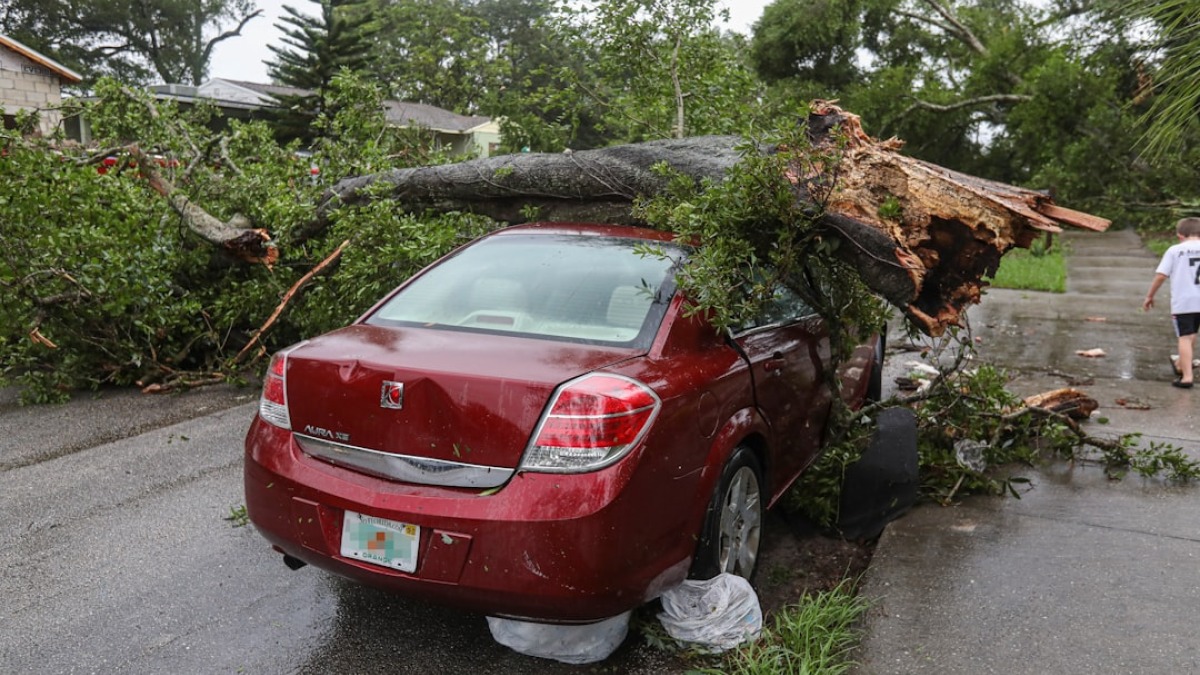The Supreme Court of India has passed an interim order directing all Motor Accident Claims Tribunals (MACTs) and High Courts across the country not to dismiss any motor accident compensation petitions as time-barred until further orders.
A bench comprising Justice Aravind Kumar and Justice N.V. Anjaria issued the direction while hearing a petition challenging the constitutionality of Section 166(3) of the Motor Vehicles Act, 1988, which was inserted through the 2019 Amendment. This section prescribes a six-month limitation period from the date of the accident for filing compensation claims — a provision that came into effect on April 1, 2022.
The bench observed that multiple petitions challenging the amendment are currently pending before various High Courts and tribunals. It stated that any decision by the Supreme Court would have a direct bearing on those cases. Therefore, it has ordered that no tribunal or High Court should dismiss a claim petition on the ground of limitation until the matter is fully heard and decided.
The Court has given two weeks for all parties to complete their pleadings and re-listed the case for hearing on November 25. It further warned that any party failing to complete filings within this period would lose their right to do so.
The petition challenging the amendment was filed by a practising advocate, who argued that the six-month time limit violates Articles 14, 19, and 21 of the Constitution by curtailing the rights of road accident victims. The petitioner contended that the provision is “arbitrary, ultra vires, and contrary to the purpose of a welfare legislation”, as it restricts the ability of victims or their families to seek compensation after an accident.
Historically, the Motor Vehicles Act, 1939, and later the 1988 Act, had similar limitations, but the 1994 amendment removed any time restriction to ensure equitable access to justice for accident victims. However, the 2019 amendment (Act 32 of 2019) reintroduced the six-month cap, reviving the old Section 166(3).
The petition further argued that the amendment was enacted without stakeholder consultation or reference to any Law Commission report, calling it an “unreasoned and irrational restriction.”
The Supreme Court’s interim relief has been widely welcomed by lawyers and victim rights groups, who argue that this order will prevent injustice to accident victims whose claims might otherwise have been dismissed due to procedural delays.
The case will next be heard on November 25, when the Court is expected to take up the constitutional validity of Section 166(3) for detailed consideration.


